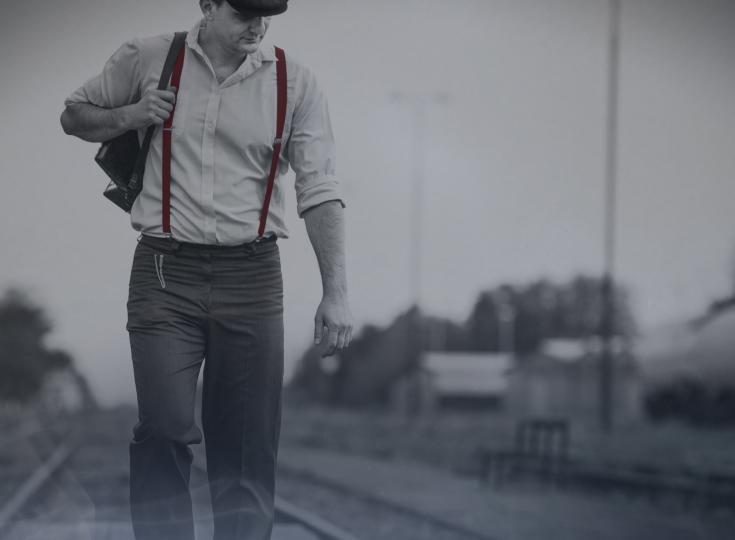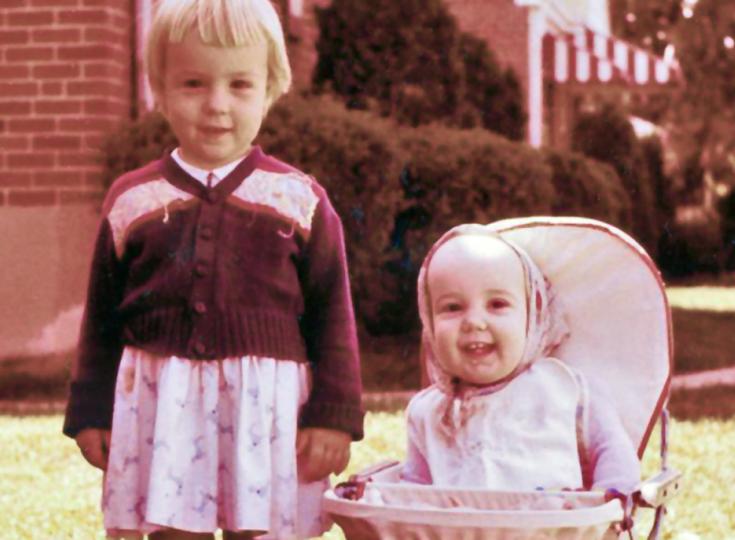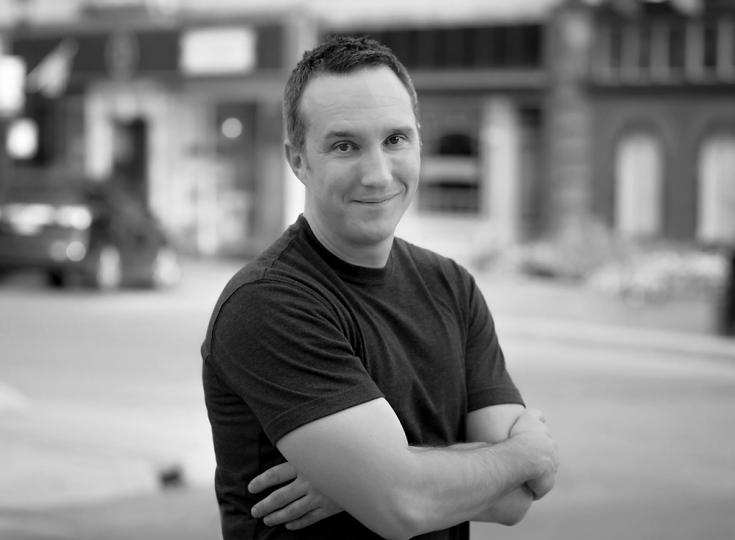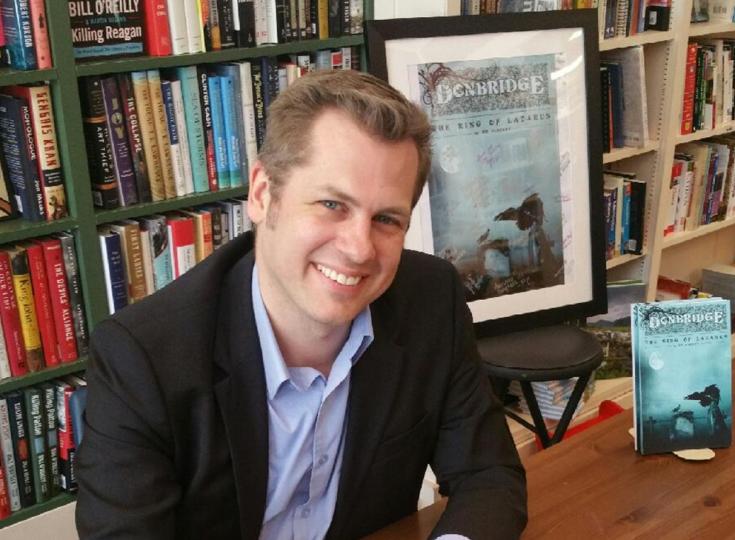David B. Seaburn - Using Humor to Write About Difficult Topics
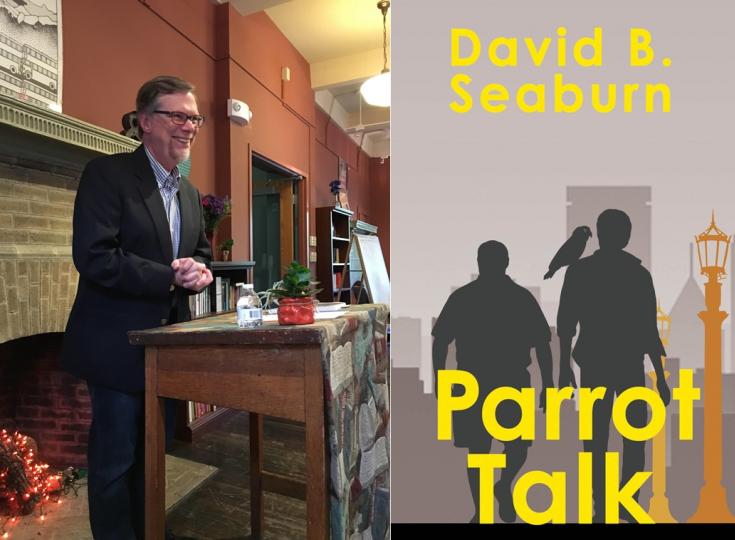
To David B. Seaburn, writing is a way to make meaning of life, the way he tackles important questions. Parrot Talk, a humor-filled book featuring a parrot and two brothers who had just lost their mother, is no exception. As our Author of the Day, Seaburn gives us some insights in his writing process, talks about how his years as a psychotherapist help him to create believable characters and provides sneak peek into what he is working on now.
Please give us a short introduction to what Parrot Talk is about.
This is the story of two brothers, Lucas and Grinder, who are more than a little surprised and confused to hear that their mother, Millie, who they haven’t heard from in over thirty years, has died. Now her best friend, Janice, wants them to come to Pittsburgh to take care of their mother’s effects, chief among them being Paul. A road trip ensues with memorable stops at a Racino, a Pittsburgh landmark greasy spoon and finally a ride on an incline trolley to meet their mother’s friend. They are taken aback when she introduces them to Paul, an African grey parrot in the depths of grief, who has things to say that will change their lives. And so a transformative adventure begins.
This is a humorous story with a deep heart. It is about brotherhood and family attachment, loss, grief, love, and reconciliation. It will make the reader laugh and cry....but mainly laugh.
What inspired you to use a parrot as a way to push the story in a certain direction?
I knew that I wanted the brothers (and the reader) to be surprised when they got to Pittsburgh. At first, I thought ‘Paul’ would be some quirky guy with a lot of problems, but then I thought that sort of thing had been done many times before. So then I brainstormed ideas with my wife and came up with the idea of a pet; but it had to be a pet that helped the brothers learn more about their long absent mother. I knew that parrots were very smart, so I did a little research and learned that African grey parrots were exceptionally bright and not only could develop an extensive vocabulary but could also express themselves intentionally. So I read a lot about them and watched a lot of video before I figured out how to write Paul as a character.
Tell us more about Lucas and Grinder. What was their relationship with their mother like?
Much of my understanding of the dynamics between Lucas and Grinder came from my years as a psychotherapist. Their parents had a bad marriage that included substance use and, at a minimum, verbal abuse. Often children get pulled into the parents’ problems. In this case, Lucas sided with his father and Grinder sided with his mother. After their mother left, their father was still unable to parent, so Lucas, as the older brother, doubled as a junior father. Consequently, their relationship was close but complicated by mixed loyalties.
Why did you make them go on a road trip?
I had never done a road trip theme in any of my other books. I thought it would be a good way to develop the brothers as characters and to give them a chance to interact in ways that might be both humorous and revealing to the reader. I have also driven the same route described in the book hundreds of times over the years. I live near Rochester NY, but grew up in a small steel town near Pittsburgh.
In this book, you explore difficult topics such as reconciliation, redemption and grief. Why did you find these topics important to write about?
I think that loss, in all its various forms, is a central theme in many peoples’ lives. It can be loss by death or divorce or separation or catastrophe or loss of job or capacity, anything that involves a change in which the person may have to give something up, or may have something taken away. When this occurs, we may feel like we’ve lost a part of ourselves and that we need to be made whole again, or need, at least, to learn how to live with what we have lost. Being able to accomplish this is what gives life its richness, it vibrancy, its meaning.
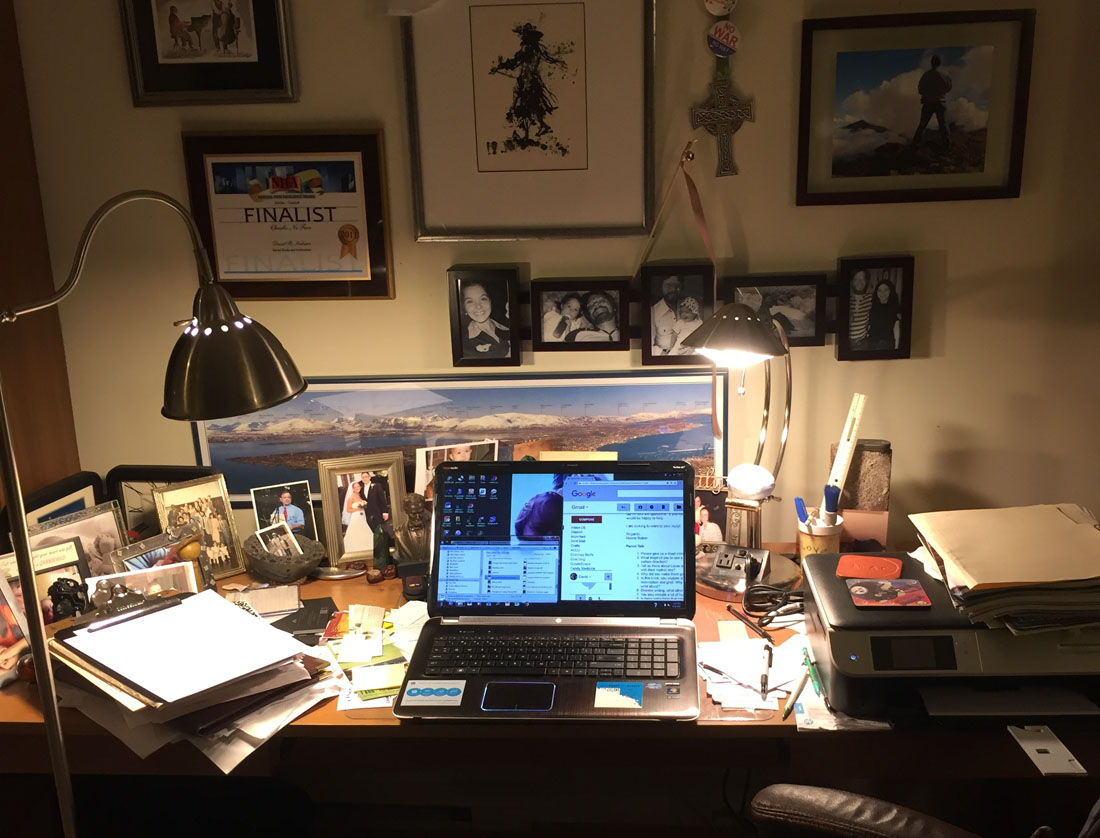
Besides writing, what other secret skills do you have?
Oh my, do I have other secret skills? Sometimes it feels like writing is The Thing, but I have other involvements. For several years I’ve done physician coaching to help improve doctor-patient communication; I also teach writing (oops, there’s that writing again!); I was a psychotherapist and still provide clinical consultation to other therapists from time to time. I am also a Presbyterian minister, so I preach from time to time. I have many grandfather skills, such as creating a cool treasure hunt or telling silly stories about a character named Pickle.
You also include a lot of humor in this book. Why?
I have used some humor in a few of my other novels, but for Parrot Talk I decided to make humor the predominant tone. When I wrote some sketches between Lucas and Grinder before I started writing the novel, their conversations naturally came out funny, so I decided to keep it that way. More important, I thought it would give me greater flexibility in addressing the challenging themes I just mentioned. Sometimes humor helps you look at difficulties in a way that can be freeing.
Is there something that compels you to write?
There is no doubt that “compelled” is the right word. Aside from my wife and family, writing is the most important thing I do. It is the way I make meaning of life, the way I tackle important questions even though the answers are often elusive. Telling stories is how we make sense of experience.
You managed to create very believable characters. How did you pull this off?
I think that having been a marriage and family therapist for many, many years, taught me how to pay attention, remain curious and listen. Those skills enable me to get inside my characters; creating sympathetic understanding and a good ear for how they might express themselves in normal conversation.
Do you have any interesting writing habits? Favorite writing spot or time of the day to write?
I try to write something every day, even if it’s not related to a novel. I write a blog and keep a journal. I also write occasional personal essay pieces for publication. I have space in our finished basement where I prefer to write, except in the summer when I write on our enclosed porch. I wish I could say I have a daily writing routine, but I don’t. When I am working on a novel, which I am doing now, I write 3-4 times per week. I may work for a few hours or I may work less time. I often stop in the middle of what I am writing, so I have momentum when I sit down to write again. It usually takes me about two years to complete a novel. I’ve written six in the last fifteen year.
Does Parrot Talk have an underlying message? What do you hope your readers will take away from it?
This is a Big Question. I never start a novel with a message in mind. In fact, I often don’t know what the theme of my novel will be until I have written it. I start with a notion, a title, a few characters and a sense that I need to begin. Then I write my way into the story and the characters and see where it takes me. The themes emerge from whatever is important to me personally. That seems to influence who the characters are and what dilemmas they face. I don’t know if Parrot Talk has an underlying message, but, but broadly speaking, it is about the importance of connection, the value of trying to make sense of what often seems senseless, and discovering that along the way, complex and amazing things can happen.
In which way is this book different from your previous books?
Three things. It’s the first humorous book I’ve written; it is the first book in which I’ve used a non-human protagonist; and it is the first book in which dialogue has been such the primary way to move the story forward.
What are you working on right now?
I am working on another novel. Can’t say too much yet. Sometimes talking about a new project takes the life out of it. But I can share the first line of the story: “I don’t know how, and I don’t know why, but I think I died today.”
Where can our readers discover more of your work or interact with you?
All my books are available on Amazon. My website is www.davidbseaburn.com. My blog is https://www.psychologytoday.com/blog/going-out-not-knowing; and my email is [email protected].
